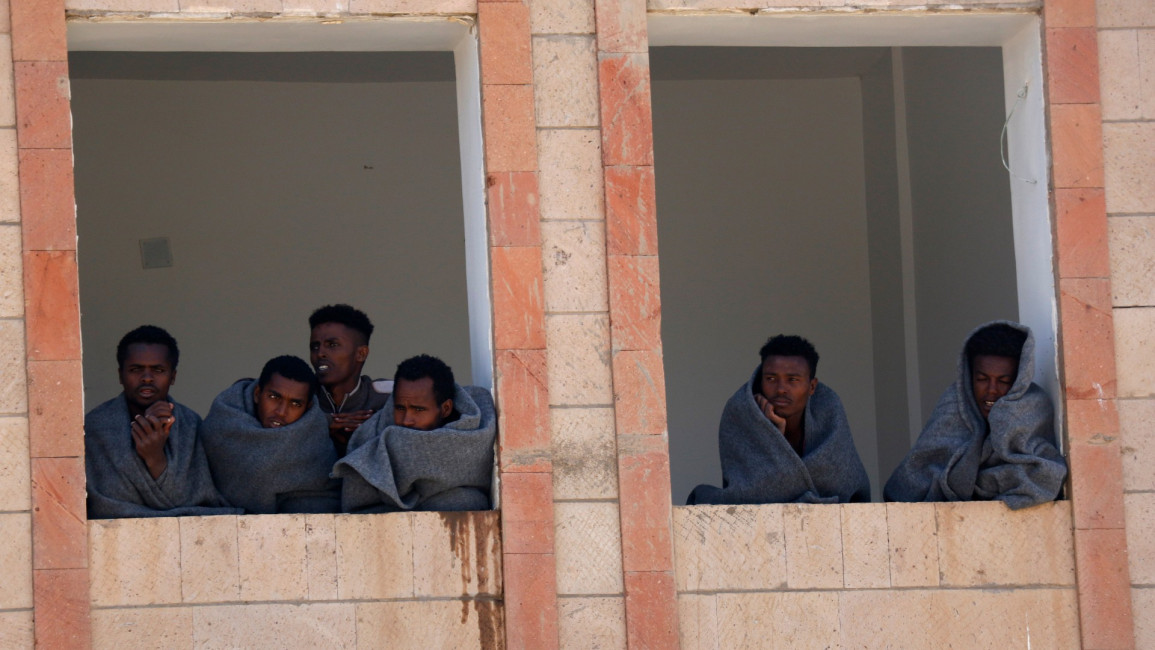Stranded African migrants in Yemen 'scapegoated' amid Covid-19 fears: UN
The International Organization for Migration (IOM) estimated that at least 14,500 migrants are stranded in Yemen, while new arrivals to the country were reduced by 90 percent between February and June due to Covid-19 restrictions.
Yemen is a major transit country on the Horn of Africa-Gulf migration route, which was blocked due to the pandemic. African migrants, predominantly from Ethiopia, have travelled to Yemen hoping to reach oil-rich Saudi Arabia for work opportunities.
In addition to abuse suffered at the hands of human traffickers, African migrants stranded in Yemen have experienced verbal and physical harassment, detention, movement restrictions and forced internal transfers far away from urban centres or services.
The IOM said the migrants are subjected to exclusion and violence due to being "scapegoated" as carriers of the virus.
The agency said most of the migrants sleep outdoors or in abandoned buildings, placing them at increased risk of exposure to the virus.
|
An Ethiopian migrant stranded in Aden who had his belongings stolen and spends his nights sleeping on cardboard at the side of a road.
The man said he relies on charity from local communities, authorities and assistance from IOM to survive.
"We are all tired. It is hard to sleep on the pavement in the dirt and rain, with cars driving by," he told the IOM.
"Sometimes people come and kick us or hit us with sticks while we are trying to sleep. I was wrong for coming here. We all want to go home."
Migrants' access to basic services such as food, clean water or healthcare in war-torn Yemen is scarce.
The agency said their situation is particularly concerning in a country where only 50 percent of health facilities are fully functional.
"For nearly six years, Yemen has been an extremely unsafe place to be a migrant," said Christa Rottensteiner, the IOM's Chief of Mission in Yemen. "Covid-19 has made this situation worse."
The IOM said a lack of funding, which has been an issue for the UN's response in countries like Yemen and Syria, threaten its ability to provide assistance to the migrants.
Yemen's war between the Iran-backed Houthis and pro-government troops escalated in March 2015, when a Saudi-led coalition intervened against the rebels who control large parts of Yemen, including the capital Sanaa.
Tens of thousands have been killed, an estimated four million displaced and 80 percent of the country's 29 million people are dependent on aid for survival.
Follow us on Facebook, Twitter and Instagram to stay connected


![President Pezeshkian has denounced Israel's attacks on Lebanon [Getty]](/sites/default/files/styles/image_684x385/public/2173482924.jpeg?h=a5f2f23a&itok=q3evVtko)



 Follow the Middle East's top stories in English at The New Arab on Google News
Follow the Middle East's top stories in English at The New Arab on Google News


